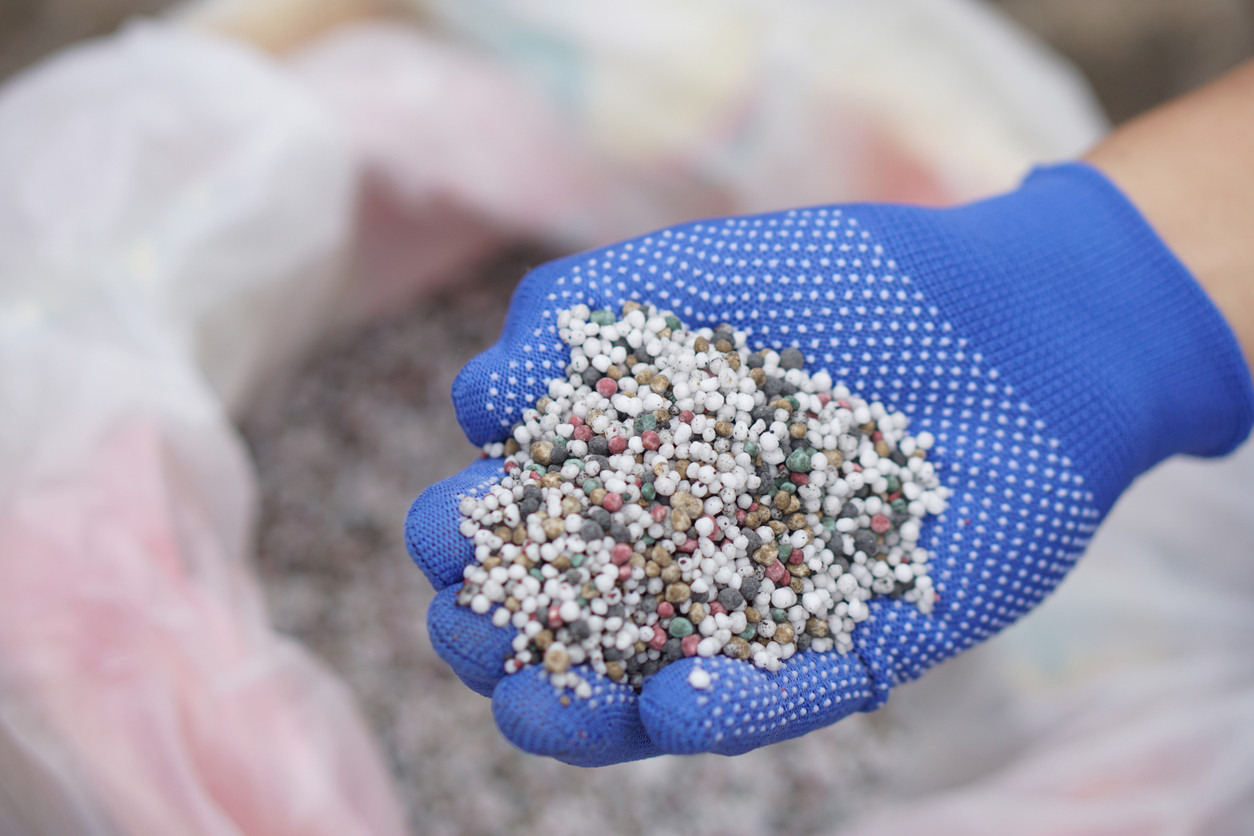On The Land
3 May, 2025
Urea supplies in ‘fragile’ state
GLOBAL urea supplies currently sit in a fragile state, with several key suppliers exporting lower volumes year-on-year, which creates a “ripple effect” for available volumes for Australian fertiliser importers, Rabobank says in a newly-released report.

The agribusiness banking specialist says urea is by far the most widely-traded fertiliser in the world and, for Australia, represented nearly half (46%) of total fertiliser imports in 2024.
In the report, the bank’s RaboResearch division says due to minimal volumes of urea produced domestically, Australia is particularly sensitive to global events.
Report author, RaboResearch farm inputs and commodities analyst Paul Joules, said the urea market was expected to remain volatile due to complex supply chains and geopolitical influences, with prices elevated compared to historical averages.
“Ongoing supply issues in key exporting regions and the sensitive nature of natural gas markets – the predominant feedstock for urea production – suggest that urea prices will likely stay high,” he said.
Mr Joules said given complex supply chains, urea prices tended to trade with considerable volatility.
“At present, prices are trading around the five-year average. However, if we were to compare current prices with the pre-Russia-Ukraine war five-year average price, they are 40% higher,” he said.
Mr Joules said in addition to geopolitical issues impacting fertiliser prices and availability, natural gas was the other key influence within the market.
“The sensitivity of natural gas markets – to both weather and geopolitical events – adds to the volatility of urea prices,” he said.
The RaboResearch report said while the majority of the chief urea-producing regions and countries (Europe, Iran, Egypt and China) that are experiencing supply issues did not directly supply Australia, “they still account for global losses to the supply, which creates a ripple effect for available volumes for Australian importers”.
In 2024, 79% of Australian urea imports came from the UAE, Saudi Arabia, Qatar, Indonesia and Oman.


